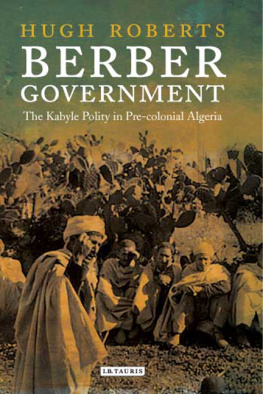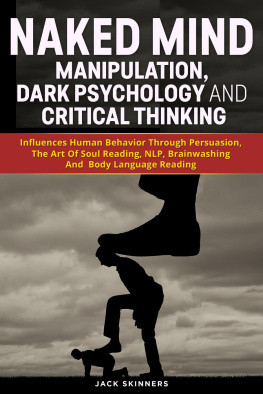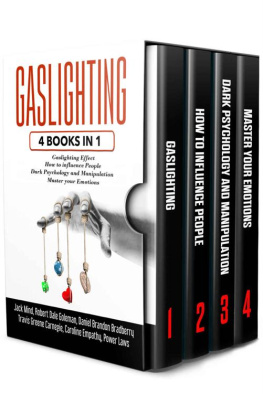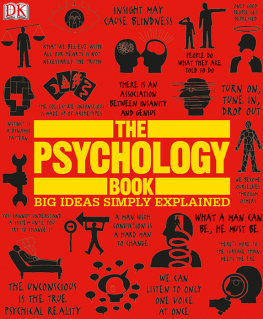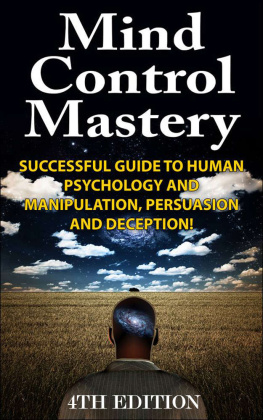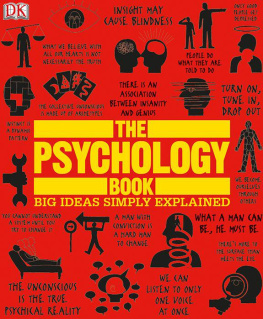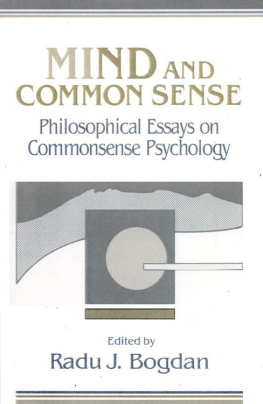Roberts - Psychology and capitalism : the manipulation of mind
Here you can read online Roberts - Psychology and capitalism : the manipulation of mind full text of the book (entire story) in english for free. Download pdf and epub, get meaning, cover and reviews about this ebook. year: 2015, publisher: John Hunt Publishing;Zero Books 2015, genre: Religion. Description of the work, (preface) as well as reviews are available. Best literature library LitArk.com created for fans of good reading and offers a wide selection of genres:
Romance novel
Science fiction
Adventure
Detective
Science
History
Home and family
Prose
Art
Politics
Computer
Non-fiction
Religion
Business
Children
Humor
Choose a favorite category and find really read worthwhile books. Enjoy immersion in the world of imagination, feel the emotions of the characters or learn something new for yourself, make an fascinating discovery.

Psychology and capitalism : the manipulation of mind: summary, description and annotation
We offer to read an annotation, description, summary or preface (depends on what the author of the book "Psychology and capitalism : the manipulation of mind" wrote himself). If you haven't found the necessary information about the book — write in the comments, we will try to find it.
Abstract: How your state of mind makes Big Business Happy Read more...
Psychology and capitalism : the manipulation of mind — read online for free the complete book (whole text) full work
Below is the text of the book, divided by pages. System saving the place of the last page read, allows you to conveniently read the book "Psychology and capitalism : the manipulation of mind" online for free, without having to search again every time where you left off. Put a bookmark, and you can go to the page where you finished reading at any time.
Font size:
Interval:
Bookmark:


First published by Zero Books, 2015
Zero Books is an imprint of John Hunt Publishing Ltd., Laurel House, Station Approach,
Alresford, Hants, SO24 9JH, UK
www.johnhuntpublishing.com
www.zero-books.net
For distributor details and how to order please visit the Ordering section on our website.
Text copyright: Ron Roberts 2014
ISBN: 978 1 78279 654 1
All rights reserved. Except for brief quotations in critical articles or reviews, no part of this book may be reproduced in any manner without prior written permission from the publishers.
The rights of Ron Roberts as author have been asserted in accordance with the Copyright,
Designs and Patents Act 1988.
A CIP catalogue record for this book is available from the British Library.
Design: Lee Nash
Printed and bound by CPI Group (UK) Ltd, Croydon, CR0 4YY
We operate a distinctive and ethical publishing philosophy in all areas of our business, from our global network of authors to production and worldwide distribution.
Man knows himself only as much as he knows the world.
Johann Wolfgang von Goethe
Turning economic contradictions into psychological problems is one of the standard tricks of bourgeois ideology.
Lucien Sve
Were all living in Amerika.
Rammstein
For Svetlana
My thanks as ever to all those who have contributed to the ideas in this book, either through discussion, shared experience or intellectual/practical endeavour. In particular I would like to extend warm thanks to Merry for her continued support over many years and to Svetlana for wonderful conversation and company and for enabling me to see both psychology and London in a different light.
Control, in any complete sense, is not an aim but a dangerous myth.
(Bannister & Fransella, 1971, p.201)
Origins
If we are to fully consider the central thesis of this book that the nature of psychology as an academic discipline is inextricably bound up with the character of the socio-economic and political realm we must of necessity examine the historical contexts within which it first arose and then subsequently developed. An inspection of any number of textbooks places the emergence of scientific psychology in the second half of the 19th century. This was when Wilhelm Wundt, working at Leipzig University, set up the first laboratory of experimental psychology. His aim was to establish a new domain of science fused from earlier philo- sophical studies of mind and an experimental tradition borrowed from physiology, which had investigated the body as a purely mechanical system. Wundt wished his experimental psychology to bridge the gap between the investigation of physi- ological processes and what could be revealed through intro- spection the process of examining ones own conscious thoughts and feelings. In this Wundt was monumentally unsuc- cessful.
However, to begin the story from Wundt is already too late. Accounts of the history of experimental psychology which do so fall into the trap of uncritically accepting psychologys claims that its experimental tradition was a logical extension of Enlightenment thought. The Enlightenment was a cultural movement which swept across Europe in the 17th and 18th centuries aiming to not only revolutionise thought but change society through the force of reason, argument and evidence alone. What psychology claims in effect is that its growth and influence stem from the scientific and intellectual strength alone of its arguments, and not the touch nor the influence of politics, power, privileged interest, money or emotion. This was an account which American textbook writers at the end of the 19th century wished to promote, but it was far from the truth.
Psychologys real history began a good 300 years prior to Wundts appearance on the scene. Before 1500 there was no mention in any literature of the word psychology; its first recorded use was by the Croatian humanist and Latinist Marko Maruli in his book, Psichiologia de ratione animae humanae in the late 15th or early 16th century. Its first use in the English language was by Steven Blankaart in 1694 in The Physical Dictionary which refers to Anatomy, which treats of the Body, and Psychology, which treats of the Soul (cited in Itten & Roberts, 2014, p.61). A real danger in linking early use of the term to its present appli- cation lies in assuming that the terms are addressing the same phenomenon. While Newtons treatment of gravity in the 17th century and Einsteins in the 20th century are clearly different, they are dealing with the same phenomenon the actions of free- falling bodies in a gravitational field, and the nature of the attractive force between them. In psychologys case, however, we have to tread carefully. As can be seen from its early use, the word pertains to the soul, a non-material presumed entity whose existence few if any psychologists or psychotherapists of the 21st century would subscribe to. An even greater danger is to project contemporary psychological terms back in historical time and make presumptions about both the way people experienced the world and the value of contemporary hypothesised psychological constructs in explaining how they behaved in it.
In fact not long after psychology entered the lexicon, the noted philosopher Immanuel Kant dismissed the possibility of psychology as a natural science. The best it could hope for, he ). Kant queried the value of introspection the attempt to system- atically make observations of ones own mind because not only does one alter, by observing, what is being observed, but what is doing the observing and what is being observed are one and the same. Karl Poppers view of science was that it needs points of view and theoretical problems (2002, p.88). Psychology, when it began, had neither. Arguably this is still the case.
Auguste Comte, the founder of sociology as well as the doctrine of positivism, made similar arguments. To him psychologys subject matter, the soul, was beyond the reach of the senses and immeasurable. It could never attain the status of a science. Notwithstanding these objections, psychology developed initially as a branch of philosophy (Intellectual philosophy) considering the various products of the mind such as dreams, thoughts, ideas, emotions, imagination, will and moral reasoning. The first textbooks of psychology duly began to appear around the late 18th and early 19th centuries. The fledgling attempts to establish psychology as a coherent disci- pline were met with widespread scepticism as to its possible utility. The first steps to rebrand psychology as an experimental social science began in earnest with Wundts aforementioned use of introspection in 1879. Wundts work, though oft cited as the celebrated first use of the experimental method in the nascent discipline, actually yielded little by way of fruitful knowledge. For psychology to be given the kick start into respectability, developments outside the disciple were what came to have the greatest influence in both shaping what went on (and still goes on) within it and in determining its practical utility. It was Kants suggestion that psychology could only usefully proceed through classification and ordering that proved the more prescient and led to psychology finding or inventing something which it could measure.
Font size:
Interval:
Bookmark:
Similar books «Psychology and capitalism : the manipulation of mind»
Look at similar books to Psychology and capitalism : the manipulation of mind. We have selected literature similar in name and meaning in the hope of providing readers with more options to find new, interesting, not yet read works.
Discussion, reviews of the book Psychology and capitalism : the manipulation of mind and just readers' own opinions. Leave your comments, write what you think about the work, its meaning or the main characters. Specify what exactly you liked and what you didn't like, and why you think so.






